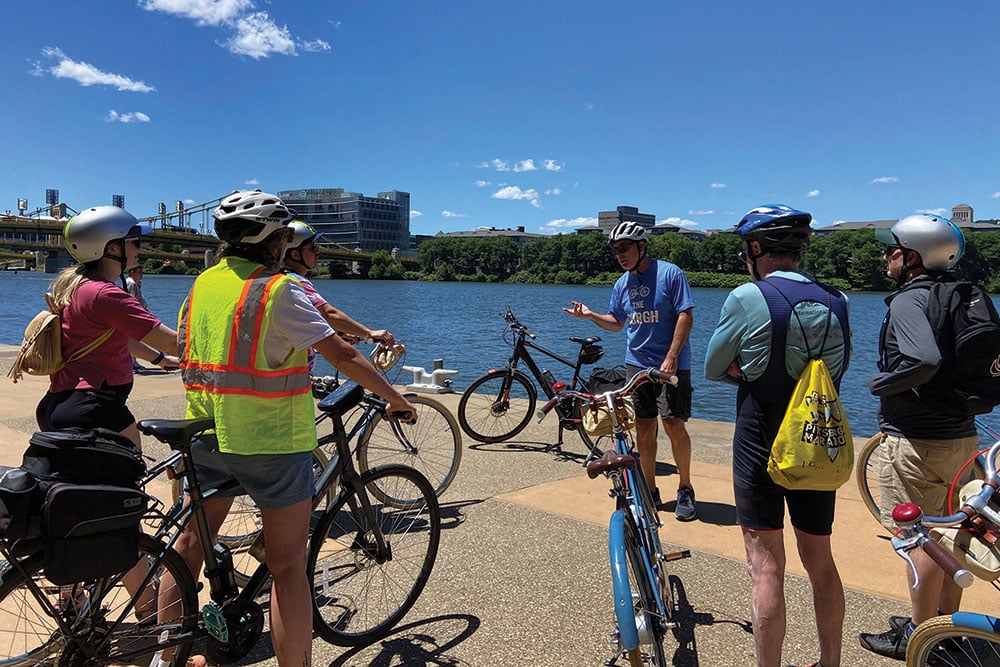Profile: The Globetrotting Scientist, Mehrooz Zamanzadeh
Corrosion expert Mehrooz “Dr. Zee” Zamanzadeh has been summoned all over the world to explain why buildings collapse — and how catastrophic failures can be avoided.
Earlier this year, Mehrooz Zamanzadeh and his wife, Carolyn Tome, were enjoying a vacation in Hawaii when they noticed an odd sign on their hotel room door.
It was a warning: The balconies were being evaluated for safety and shouldn’t be used. Tome was surprised to find that the doors to the balcony were bolted shut. The couple walked around the building and saw that one balcony railing had recently collapsed, and telltale signs of corrosion were visible.
An hour later, Zamanzadeh — Dr. Zee, as he calls himself — was recording a video on the beach, patiently explaining to hotel ownership that there was visible evidence of serious structural problems that should be investigated immediately. While the hotel is yet to respond, they should take Dr. Zee seriously — he’s a leading expert in corrosion engineering and the founder of Matergenics, a Robinson Township-based lab focused on investigating and preventing man-made objects from failing.
“Materials follow the laws of physics and chemistry perfectly,” he explains. “It’s always human error.”
Related: Profile: The People’s Historian, Joe Trotter Jr.
Born in Tehran in 1950, Zamanzadeh moved to the United States at 19. He earned degrees from Cal State and a doctorate from Penn State before pursuing postdoctoral work at Carnegie Mellon University; soon, he began founding engineering and materials companies around the city.
Dr. Zee founded Matco — the company that would eventually become Matergenics — in 1994. The company now maintains four offices, with locations in British Columbia, Florida and California in addition to the Pittsburgh flagship. Through his work, he’s been awarded 67 patents and published more than 75 times in technical journals. He’s currently working with aerospace companies as well as developing hydrogen sensors that could prevent undersea catastrophes at oil and gas wells.
The company is also where he met Tome, who still works alongside her now-husband. They married in 2010 — at Mount Everest, holding the nuptials 18,000 feet above sea level at South Base Camp. “She wanted to see me as a load-bearing member,” he jokes.
Dr. Zee’s work, and Matergenics as a whole, has gained a reputation beyond Pittsburgh. “His work is very well-known in the industry and also amongst his peers,” Tome says. “He gets lots of referrals at the highest levels.” As a result, he’s often called in after “catastrophic failures,” as he puts it, including in some high-profile cases. Within days of the Surfside condominium collapse near Miami, Dr. Zee and his team were on the ground pointing out the causes of the tragedy — and consulting with other building owners in the area, educating them on the telltale signs of corrosion and danger.
Although he’s slowed down on travel since the pandemic, at one point, he was on the road every week; one year, he says, he logged 198,000 air miles. Now, more of those trips are made by his team.
“We have … a lot of good engineers and technicians that know they have to have their feet on the ground,” he says. “We call ourselves firefighters — because if there is a [catastrophic] failure, you don’t have time to have your coffee and watch ‘Days of Our Lives’ and then go, right? You need to jump.”
Dr. Zee says companies and building owners need to think proactively, long before a collapse. “Wherever you have aging structures, aging structures react with the environment … The rebar corrodes, reacts with the environment and loses its thickness.
“We think there are tens of thousands of these buildings,” quietly — but not invisibly, at least to Dr. Zee — on the verge of collapse.
That’s bad news in Pittsburgh and other cold-weather cities covered in old buildings and roads. While Dr. Zee says awareness has grown since the Fern Hollow Bridge collapse in 2022, the response has been insufficient. “[It] requires a budget — repairs, replacement and inspection. The budget [isn’t] usually going to this type of thing. They need to do it. There’s a lot of infrastructure in Pittsburgh that needs attention.”
He’ll continue to advocate and inspect whenever and wherever possible. For those of us who may not own buildings, though, he has a tip.
“My advice to you: Never park your car next to an aging pole.”












